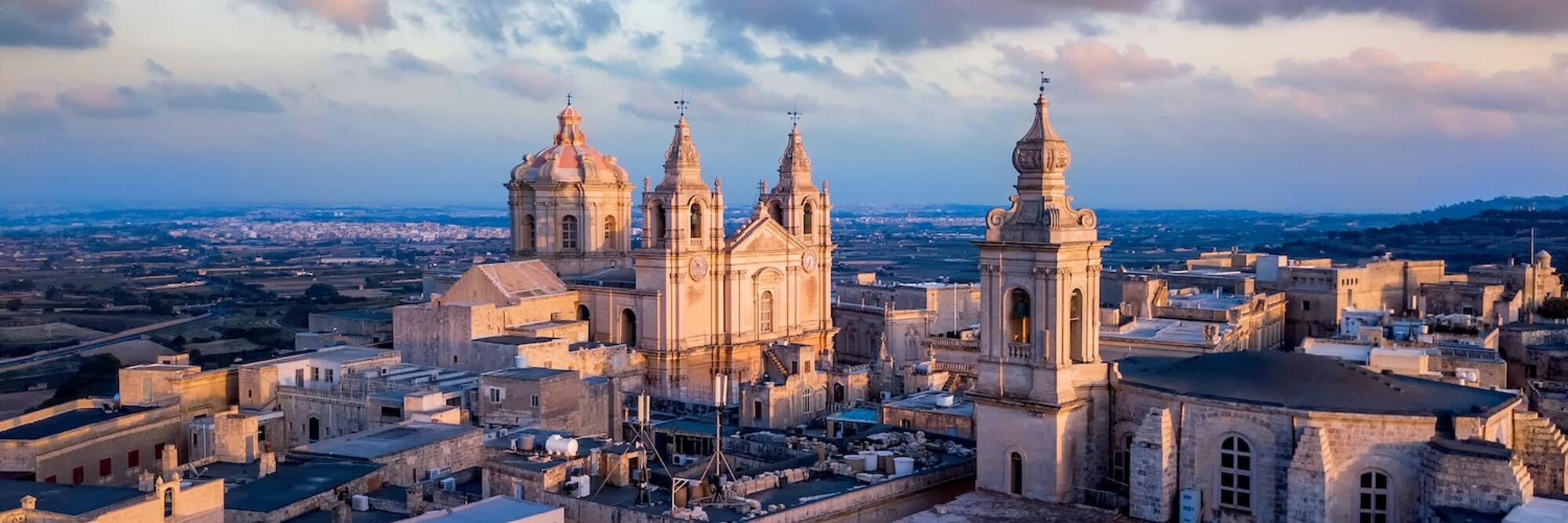Malta has an industrialised and service-based economy with several robust sectors. Expats working in Malta will find themselves conveniently located between Europe, Africa, and the Middle East. This strategic position attracts foreign companies and investors, both of which are good sources of employment for expats.
Job market in Malta
Malta's economy largely depends on foreign trade, manufacturing, tourism, IT, online gaming, and financial services. It also has a growing film industry, with many well-known movies being filmed in Malta. The country also houses one of the world's largest merchant marine fleets, attracting international shipping companies with favourable legislation and low taxes.
Most expats who don't speak Maltese end up working in IT, internet gaming and at call centres or setting up their own businesses in the country. Smaller companies often prefer local candidates who demand lower salaries and do not need to adapt to the local culture as much, while corporations frequently hire from abroad. Another possible avenue for expats is to work for a Maltese company with foreign interests.
Finding a job in Malta

Jobseekers in Malta should start the search online or consider working with a recruitment agency such as Konnect. Popular job-seeking platforms include jobsinmalta and Careerjet. Networking is vital, and LinkedIn is a great way to connect with people and companies who may be looking to hire.
EU citizens will have a much easier time finding work in Malta than non-EU citizens, also known as third-country nationals. If you're not from the EU, a work permit is required for taking up employment in Malta. You'll need a job offer to be eligible for a work permit. Third-country nationals can only be hired if they possess scarce skills or will be working in a sector with a labour shortage. In addition to a work permit, non-EU nationals will need a valid visa to enter the country.
Getting a Work Permit for Malta
Applying for a Visa for Malta
Useful links
Working culture in Malta
The working week in Malta is different across industries, but a standard 8am to 5pm workday is common. Overall, Malta's working culture is similar to that of the UK or the USA. Preparedness and punctuality are valued, and meetings may skew towards formality.
After work, the Maltese are social and often grab drinks with co-workers. Expect frequent invites and accept if possible, as this is a great way to make friends and assimilate into a new environment.
